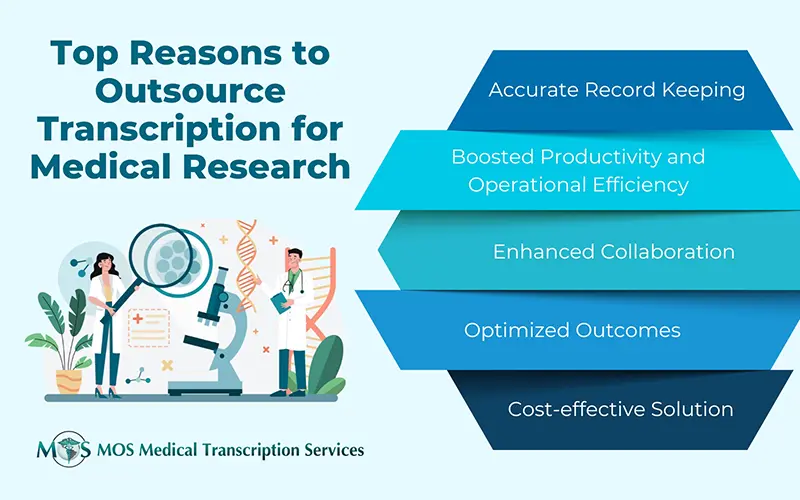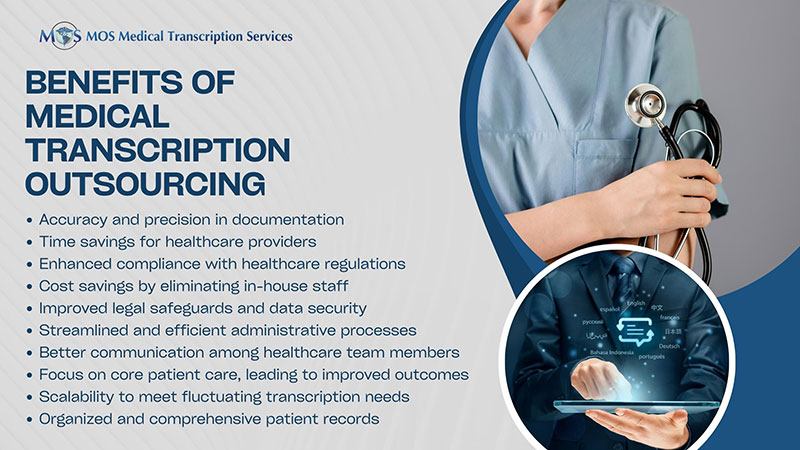An update to the blog, “SOAP Notes in Psychiatry – Features and Tips for Improvement”

Writing comprehensive, concise and informative progress notes is crucial for providers to provide quality of care for patients further. Most providers use a pre-determined framework in their patient notes to improve the quality of documentation. When it comes to mental health or any other specialty, SOAP notes have become the gold standard in preparing progress notes. It is an efficient way of taking mental health progress notes. With more than 15 years’ experience in providing mental health transcription services, we are familiar with transcribing SOAP notes and any other psychiatry notes such as clinical notes, consultation notes, psychiatric evaluations, referral letters and discharge summaries.
What are SOAP Notes?
Expanded as Subjective, Objective, Assessment and Plan, SOAP framework serves as an ideal tool for healthcare professionals to document and communicate patient information. Though the method was used only by medical professionals in early days, it’s recognized today as an effective communication tool between providers of all healthcare disciplines to document a patient’s treatment.
The SOAP framework is one of the most commonly used methods for writing mental health progress notes, which help providers to capture the most significant information from a session using a clear, concise structure. This method enables practitioners of all specialties to communicate in a streamlined way and thus provide better care for each patient. The clear structure of SOAP notes also increases the accuracy of notes in general.
Hope you’ve read our blog that describes SOAP note structure in mental health.
Here are some key tips to effectively write better SOAP notes.
Choose the Right Time to Write
When to prepare progress notes is something you need to decide. During consultation with patients, providers may not get enough time to write their progress notes. During the session time, providers can take personal notes and fill out the SOAP framework later. Make sure to write the SOAP progress notes a few hours within the appointment on the same day, which prevents missing out on any key observations. Focusing on patients will allow gaining all crucial data which leads to quality patient care.
Write the Notes Right
Ensure that the notes you write are easily to follow for yourself as well as other professionals who may refer to them in the future. Focus on the tense used and avoid any confusion in pronouns. Edit the notes and do a simple spell-check and the notes must be detailed enough to provide sufficient information. Notes must include all sufficient information about the patient’s condition.
Keep the Notes Concise and Professional
Make sure to choose a concise writing style and keep the notes as short as possible. Collect some basic information along concurrent documentation, making it easier to strain the unnecessary information from the important information that need to be included in the SOAP note. Consider writing in formal language and avoid colloquialisms or any non-standard abbreviations that may affect the professional tone of progress notes. Maintain a professional tone, as the details will be clear for anyone reviewing them let that be fellow practitioners, attorneys or medical record reviewers. Shorten the content by cutting out unnecessary verbiage and lengthy descriptions. Remove wordy phrases, as it makes the notes more difficult to understand, mainly for other practitioners.
Keep Notes Error-free using Standard Procedure
Mistakes during progress notes preparation are quite common and so it is important to correct such errors with accepted procedures. Instead of altering the records with scratch-outs, eraser or deleting them, it is better to make corrections by striking through the mistake part and marking as error. By doing so, whoever uses the report can find the actual notes and corrected information.
Stay Neutral
Make sure not to include your own judgment in SOAP notes for mental health sessions. Instead, the notes should clearly describe situations that offer insight into the patient’s behavior. Never make any unsupported statements that come without evidence.
Following certain tips such as the above would make psychiatry note-taking process easier and increase clarity on what need to be included and not. To write notes in the SOAP framework, providers have to collect information from the patient on their conditions, review diagnosis results, gather information on signs of the condition and review notes from the patient’s last visit to determine whether the patient’s symptoms are getting better or worse.
Good progress notes make it easier for providers to track each patient’s progress over time and plan for future interventions, resulting in higher-quality care. Psychiatrists and psychiatry practices can rely on medical transcription outsourcing to get EHR-integrated transcription services for progress notes as well as any reports such as clinical notes, consultation notes, psychiatric evaluations, referral letters or discharge summaries.


